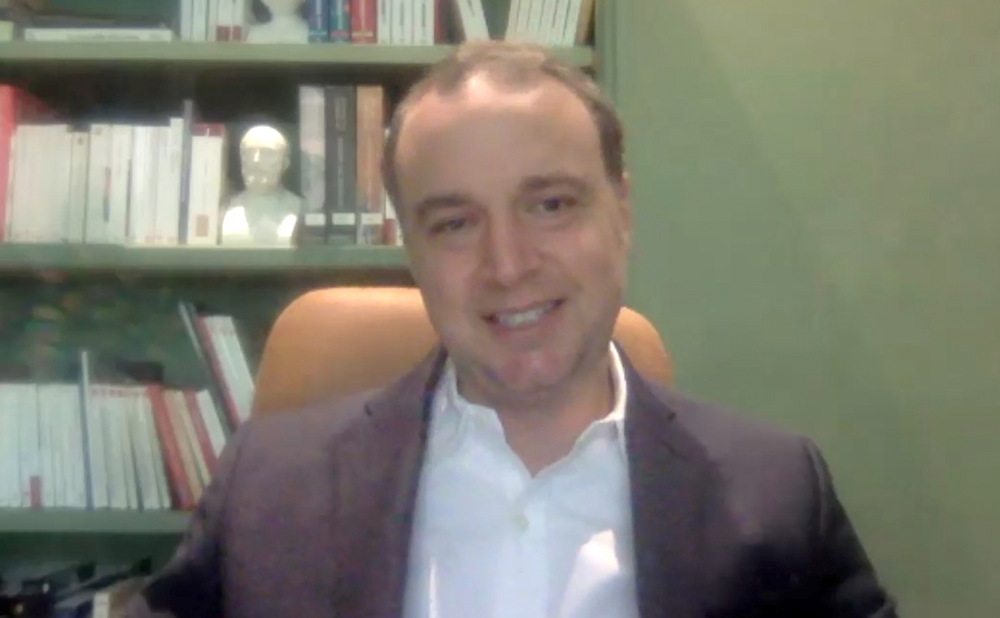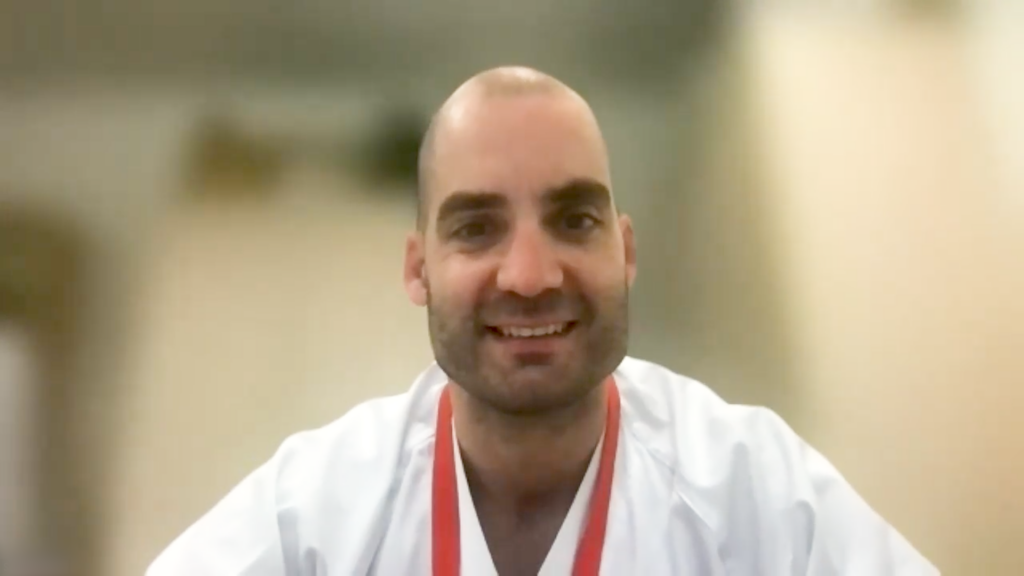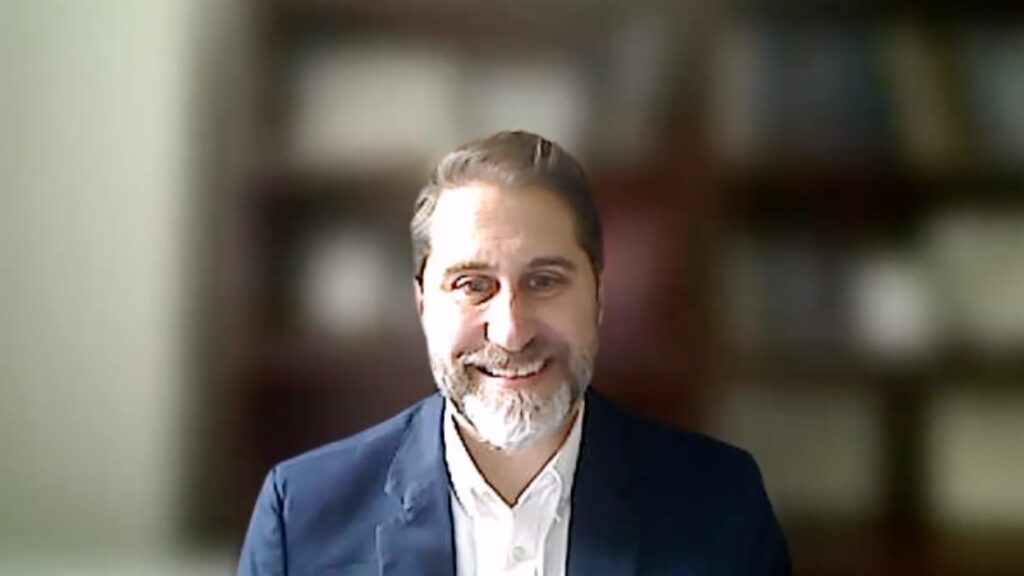Dipak Kotecha (Institute of Cardiovascular Sciences, University of Birmingham) discusses the FAST trial – the first long-term follow-up of a randomised trial comparing thoracoscopic surgical atrial fibrillation ablation with catheter ablation with the aim of rhythm control. Thoracoscopic ablation is a more surgical procedure with a dedicated atrial fibrillation surgeon who makes thoracoscopy ports and then can inspect the heart and do epicardial atrial fibrillation ablation outside of the heart. At the same time, they can do additional lines that cannot be done by electrophysiologists and can isolate the left atrial appendage. Both arms of the trial evidenced a sharp recurrence of atrial fibrillation, but over time the thoracoscopic patients did a lot better in terms of less atrial arrhythmia, less use of anti-arrhythmic drugs, and less additional procedures required whereas three quarters of the patients who received catheter ablation redeveloped some form of atrial arrhythmia over the seven years of follow-up.
Filmed at EHRA 2018, Barcelona.
Questions:
1. What was the background and rationale behind the FAST trial? 0:07
2. What were the key results you presented at this meeting? 0:25
3. What are the next steps in this area of research over the coming years? 2:45
4. What are the practical implications and challenges? 3:53










